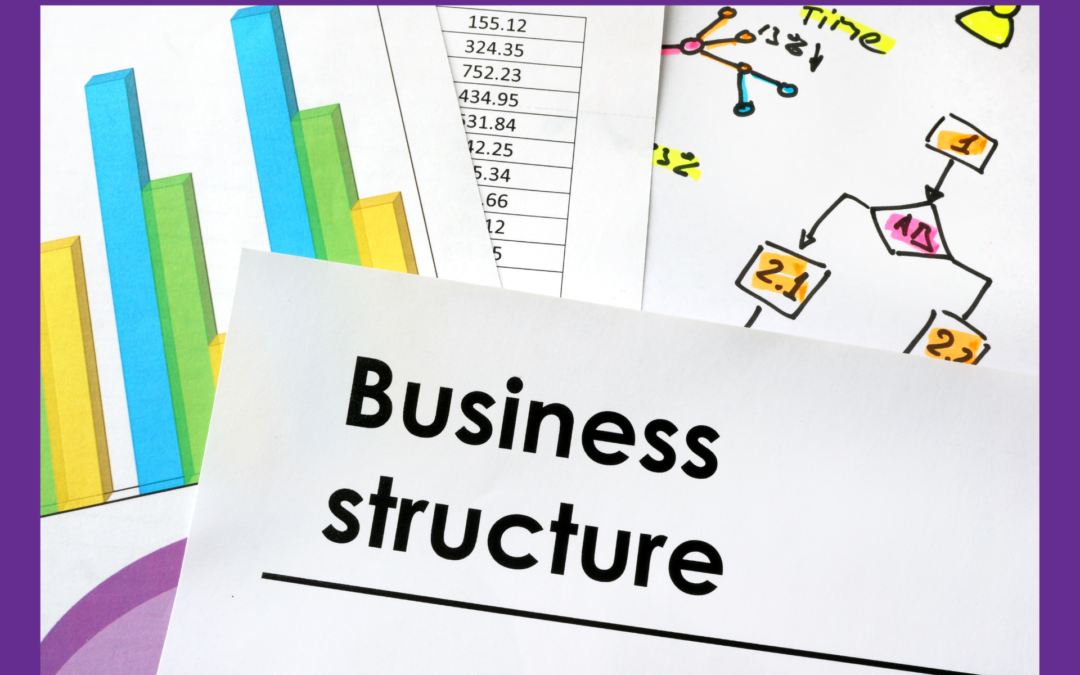Should you be a sole trader or a company?
You might think it is just about the name, but there are many other things to look at when considering whether you Should you be a sole trader or a company?. The choice will impact on many areas of your business, for example
- Your record keeping
- What type of accounts you produce?
- The tax you pay and can save.
- Official rules and regulations you must follow.
- Your level of personal protection
- The business costs you will have, including accounting fees.
- What’s the difference between a limited company and sole trader?
Your company is not you
You’ve been thinking about starting your own business, but you don’t know what the difference is between a limited company and sole trader?
A limited company is a legal structure that separates your personal assets from your business. This means that if anything goes wrong with the business, it will not affect you personally. Sole traders are not protected in this way – so they have unlimited liability for any debts or losses incurred by their business. It’s worth considering how much risk you’re willing to take on before deciding which type of entity to set up as.
On the other hand, if you are a sole trader then the law sees you and your business as one entity. Moreover, any debts or losses will be attributed to you and your business.
What is a sole trader?
Sole traders are just that – they trade on their own. You can still employ staff, engage freelancers, and be a big deal.
Many businesses are sole traders, people who work for themselves, and not legally required to register as a company. Sole traders are the most common form of business in the UK. They have no legal status and they’re responsible for all their own taxes, so it’s important to keep good records.
What level of personal protection is there with sole traders and companies
The level of personal protection (if any) offered by being self-employed versus having limited liability through incorporation; this includes how much money is at risk in case something goes wrong with the business, such as bankruptcy or fraud.
It also includes how easy it would be for someone else to take over the running of the company without consent from shareholders/directors/managers etc., which may affect their decision-making process.
For example, directors could decide they want to sell up because they don’t like working there anymore – even though it’s profitable – because they don’t want responsibility for running it anymore! This might not happen if they were employees rather than directors/shareholders etc.; so, think carefully about who will really make decisions in your organisation before choosing an entity structure; and then ensure everyone knows what their role entails within that structure!
Sole traders have no legal protection for themselves or their assets in case of bankruptcy. Limited companies offer this protection by giving owners limited liability, but it also comes with more admin and duties for directors. It’s important to understand what your needs are before making any decisions about which type of company is right for you.
What else should you know about sole traders and companies.
• Moreover, consider this for sole traders.
• More flexible than companies because they don’t need to follow strict rules like having an annual meeting or getting shareholder approval.
• Great for small businesses because they’re easy to set up and manage.
• They also have the lowest start-up costs.
Consider this for companies
• Complexity is more than for sole traders, but they offer a lot more benefits.
• It is easier to raise money from investors and borrow money.
• In general, they pay less tax
• Limited companies offer more protection from risk, but also require more admin and duties for directors.
Conclusion
This vlog and blog will help answer the question, Should you be a sole trader or a company?
I haven’t talk tax yet, but it’s a big factor. Watch out for next week’s blog where tax is my focal point. I will look how at how the tax rules are the same, but different.
Get in touch with us to see how we can help you with your sole trader and company accounting and tax needs. For more business and finance , news, advice and tips, don’t forget to watch our weekly broadcasts, listen to our weekly podcast I Hate Numbers.
